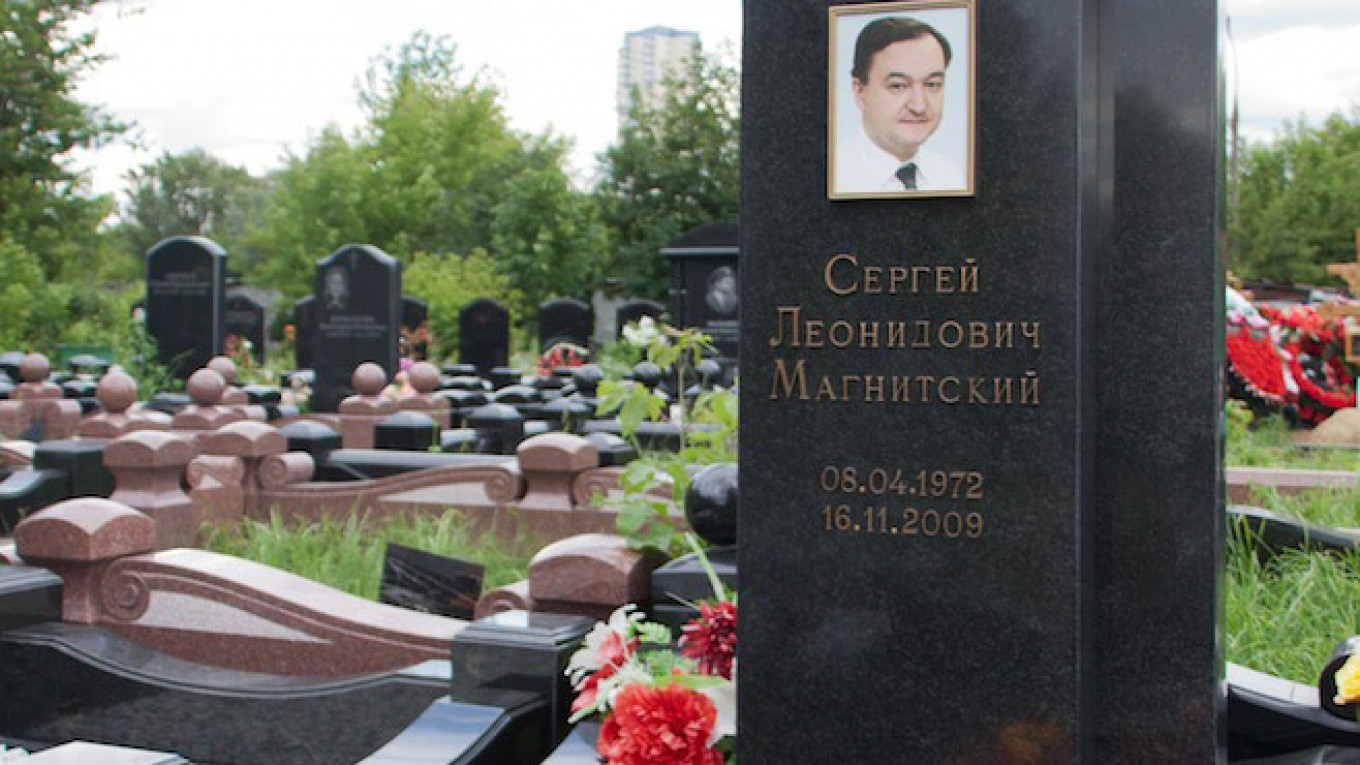Deceased Russian millionaire Alexander Perepilichny may have been poisoned by extracts from a rare and deadly plant, evidence suggests, casting doubt on the initial theory that the businessman died of natural causes near his British home, The Independent reported Monday.
Perepilichny died suddenly while out for a jog in November 2012 near his home in Weybridge, in Britain's Surrey County. He was 44 years old.
Initially, he was believed to have died of natural causes, such as a heart attack, the BBC reported in March 2013. But as more evidence began trickling in, police determined a full investigation should be carried out, according to the BBC.
Perepilichny dropped dead shortly before he had been set to deliver evidence against Russian officials in a $230 million fraud case, the BBC reported. The alleged fraud scheme had initially been exposed by lawyer Sergei Magnitsky, who died in a Moscow detention center in 2009.
The BBC reported that it had seen court documents attesting that Perepilichny relocated to Britain from Russia in 2009 because he feared for his life.
Initially, toxicology testing led Surrey police to conclude that the death had not been suspicious, but more recent testing, the results of which were revealed at a pre-inquest hearing, called that initial conclusion into question, The Independent reported.
The more recent tests produced evidence that Perepilichny may have swallowed Gelsemium, a poisonous plant nicknamed "heartbreak grass," The Independent reported, referring to the plant as "a known tool of assassins from Russia and China, where the most toxic version of the shrub — Gelsemium elegans — grows on remote hillsides."
According to the report, the most recent high-profile assassination carried out with Gelsemium was in 2011, when Chinese billionaire Huang Guang died after eating cat stew believed to have been laced with the toxic substance.
"This is a really unusual case where there is cause for very serious concern," Dijen Basu, a lawyer for Surrey Police, was quoted by The Independent as saying in the court. "We have a suspect substance in the stomach."
An inquest into Perepilichny 's death was set to get under way on Monday, but has been delayed until September to provide time for further testing, The Independent reported.
Contact the author at [email protected]
A Message from The Moscow Times:
Dear readers,
We are facing unprecedented challenges. Russia's Prosecutor General's Office has designated The Moscow Times as an "undesirable" organization, criminalizing our work and putting our staff at risk of prosecution. This follows our earlier unjust labeling as a "foreign agent."
These actions are direct attempts to silence independent journalism in Russia. The authorities claim our work "discredits the decisions of the Russian leadership." We see things differently: we strive to provide accurate, unbiased reporting on Russia.
We, the journalists of The Moscow Times, refuse to be silenced. But to continue our work, we need your help.
Your support, no matter how small, makes a world of difference. If you can, please support us monthly starting from just $2. It's quick to set up, and every contribution makes a significant impact.
By supporting The Moscow Times, you're defending open, independent journalism in the face of repression. Thank you for standing with us.
Remind me later.






